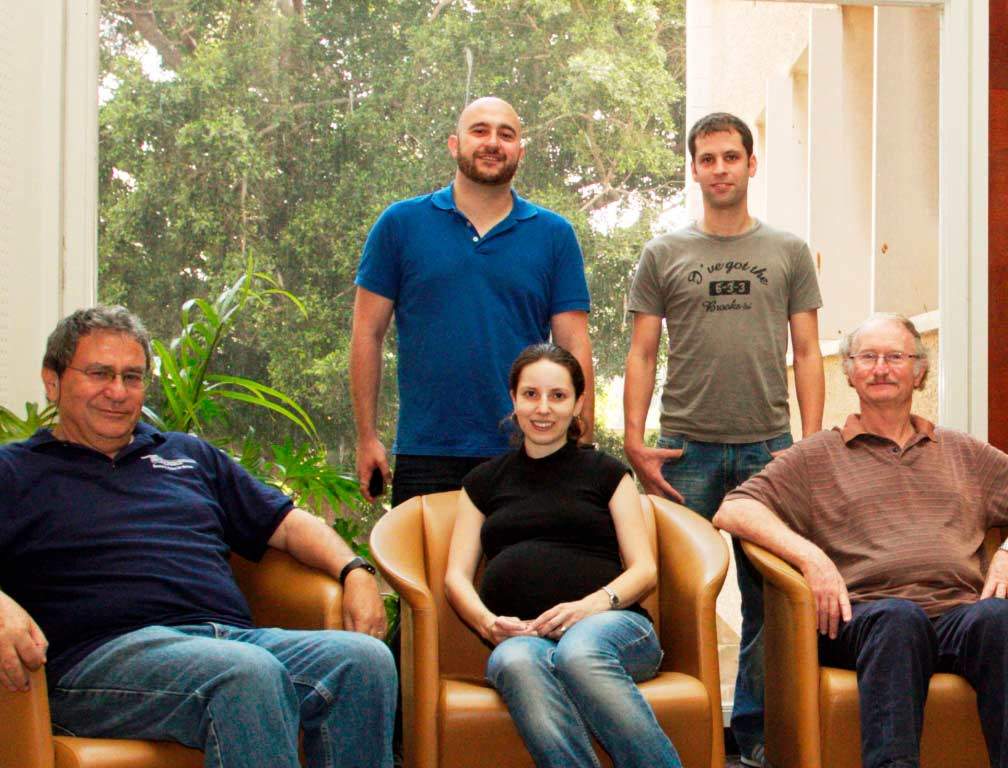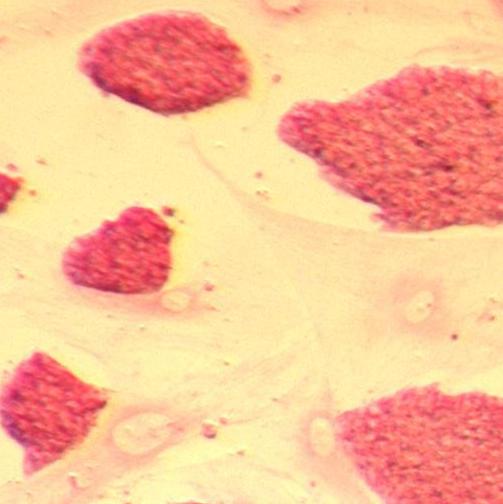Stem cells hold great promise for the medicine of the future, but they can also be a cause of disease. When these self-renewing, unspecialized cells fail to differentiate into diverse cell types, they can start dividing uncontrollably, leading to cancer.
A Weizmann Institute-led study, published in
Molecular Cell, reveals a potential molecular mechanism behind this link.
The scientists managed to uncover the details of a step in the process of DNA “repackaging” that takes place during embryonic stem cell differentiation. It turns out that for the cells to differentiate properly, certain pieces of the packaging of their DNA must be labeled by a molecular tag called ubiquitin. The researchers identified two switches: An enzyme called RNF20 enhances the tagging, whereas a second enzyme, USP44, does the opposite, shutting it down. They found that both these switches must operate properly for the differentiation process to proceed efficiently. When the scientists interfered with the tagging – either by disabling the “ON” switch RNF20, or by deregulating the activity of the “OFF” switch USP44 – the stem cells failed to differentiate.
These experiments might explain the significance of molecular defects identified in a number of cancers, for example, the abnormally low levels of RNF20 in certain breast and prostate cancers, and the excess of USP44 in certain leukemias.
This research was led by
Prof. Moshe Oren of the Molecular Cell Biology Department, with
Prof. Eytan Domany of the Physics of Complex Systems Department and
Dr. Jacob Hanna of the Molecular Genetics Department. The team included Weizmann Institute’s Gilad Fuchs, Efrat Shema, Rita Vesterman, Eran Kotler, Sylvia Wilder, Lior Golomb, Ariel Pribluda and Ester Feldmesser, as well as Zohar Wolchinsky of the Technion – Israel Institute of Technology, Feng Zhang and Xiaochun Yu of the University of Michigan in the US, Mahmood Haj-Yahya and Ashraf Brik of Ben-Gurion University of the Negev, and Daniel Aberdam of the Technion and the University of Nice-Sophia Antipolis in France.
Prof. Eytan Domany’s research is supported by the Kahn Family Research Center for Systems Biology of the Human Cell, which he heads; the Mario Negri Institute for Pharmacological Research - Weizmann Institute of Science Exchange Program; the Leir Charitable Foundations; and Mordechai Segal, Israel. Prof. Domany is the incumbent of the Henry J. Leir Professorial Chair.
Dr. Jacob Hanna’s research is supported by the Leona M. and Harry B. Helmsley Charitable Trust; Pascal and Ilana Mantoux, France/Israel; the Sir Charles Clore Research Prize; Erica A. Drake and Robert Drake; and the European Research Council.
Prof. Moshe Oren’s research is supported by the Dr. Miriam and Sheldon G. Adelson Medical Research Foundation; the Robert Bosch Foundation; the estate of Harold Z. Novak; and the European Research Council. Prof. Oren is the incumbent of the Andre Lwoff Professorial Chair in Molecular Biology.

